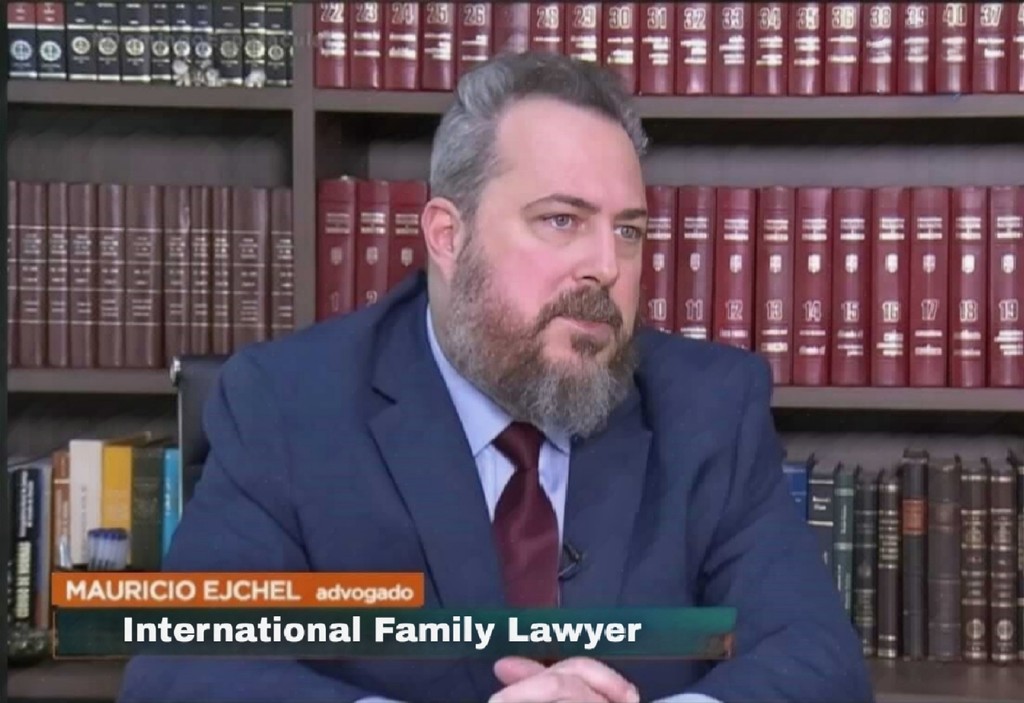Filing for Divorce from a Brazilian Partner
If you’re considering getting a divorce from your Brazilian partner due to personal reasons, this article provides a clear look into how divorce works in Brazil. It’s also useful if your marriage happened in Brazil, you have shared assets there, or if you have children who might live in Brazil later on.
Divorce in Brazil covers the legal, financial, parental, and personal aspects common to divorces worldwide. There are two main ways to get a divorce: litigiously through the courts (Judicial Divorce), or an expedited, less formal extrajudicial divorce process. However, if there are children or asset disputes involved, the law determines the divorce must proceed judicially.
Judicial divorce is the standard route, requiring a lawsuit in court to address child custody, support, visitation, and asset division. On the other hand, extrajudicial or consensual divorce is an option for couples agreeing on all terms, completed by signing a divorce agreement at a notary public.
The average duration of a litigious divorce process in Brazil is between 12 to 16 months for simple cases. However, this period can extend due to various factors, such as the level of conflict between the ex-couple, the volume of assets, and children, the complexity of discussions, and the gathering of evidence to verify assets.
Foreign nationals need to request an identification (CPF) to commence the divorce process in Brazil, easily obtainable online from the Brazilian Revenue Agency (SRF). Divorces can be filed without being in Brazil, thanks to digital proceedings and online hearings. If you’re divorced abroad after marrying in Brazil, you must register a foreign divorce in Brazil to ensure your marriage is legally ended in Brazil.
Divorce proceedings that involve requests for child support and custody are commonly bundled into a single legal case, but not necessarily. This method streamlines the process, addressing the couple’s responsibilities towards their children, including custody arrangements and financial support, within the divorce framework.
This approach is particularly beneficial in cases involving minors or when assets need to be divided, ensuring that all related matters are resolved concurrently.
Regarding child custody, most of the decisions prioritize the child’s best interests, commonly resulting in shared custody arrangements. However, it is more typical for mothers to be granted custody, though this isn’t a fixed rule. The system aims to ensure the well-being of the child above all.
This doesn’t necessarily mean equal time with both parents but shared decision-making responsibilities. Sometimes, one parent is designated the primary guardian. Unilateral custody grants one parent full decision-making responsibility, with the other having visitation rights. Visitation rights ensure the child maintains relationships with both parents. For non-custodial parents living in Brazil, visitation is structured around the academic calendar and may include regular video calls. For those outside Brazil, extended visitation and virtual communication are negotiated, often allowing international travel with the child.
In Brazil, the concept of parenting plans (i.e. 3-4-3 custody schedule), particularly those involving weekly physical custody changes between parents, is not adopted. Instead, a child typically has a single primary residence, except for specific visitation periods with the other parent, which may include overnight stays but do not change the child’s main residence.
Child support is determined by the child’s needs and the non-custodial parent’s financial ability, typically lasting until the child turns 18 but can extend if the child is still in education, up to 25 years old. Non-payment can lead to severe legal consequences, including imprisonment.
Temporary alimony may be granted to support a financially dependent ex-spouse for up to 24 months to achieve financial independence.
Brazilian legislation safeguards the rights of the non-custodial parent to have consistent contact with their child, offering legal remedies should these rights be obstructed. The phenomenon of “alienação parental” (Parental Alienation Syndrome – PAS) is legally acknowledged in Brazil, highlighting the law’s recognition of the importance of preventing such scenarios to protect the child’s welfare and maintain healthy parent-child bonds.
If you’re interested in learning more about this topic or need support in filing a case, please feel free to contact me.
Best regards,
Dr. Mauricio Ejchel
Filing for Divorce from a Brazilian Partner
If you’re considering getting a divorce from your Brazilian partner due to personal reasons, this article provides a clear look into how divorce works in Brazil. It’s also useful if your marriage happened in Brazil, you have shared assets there, or if you have children who might live in Brazil later on.
Divorce in Brazil covers the legal, financial, parental, and personal aspects common to divorces worldwide. There are two main ways to get a divorce: litigiously through the courts (Judicial Divorce), or an expedited, less formal extrajudicial divorce process. However, if there are children or asset disputes involved, the law determines the divorce must proceed judicially.
Judicial divorce is the standard route, requiring a lawsuit in court to address child custody, support, visitation, and asset division. On the other hand, extrajudicial or consensual divorce is an option for couples agreeing on all terms, completed by signing a divorce agreement at a notary public.
The average duration of a litigious divorce process in Brazil is between 12 to 16 months for simple cases. However, this period can extend due to various factors, such as the level of conflict between the ex-couple, the volume of assets, and children, the complexity of discussions, and the gathering of evidence to verify assets.
Foreign nationals need to request an identification (CPF) to commence the divorce process in Brazil, easily obtainable online from the Brazilian Revenue Agency (SRF). Divorces can be filed without being in Brazil, thanks to digital proceedings and online hearings. If you’re divorced abroad after marrying in Brazil, you must register a foreign divorce in Brazil to ensure your marriage is legally ended in Brazil.
Divorce proceedings that involve requests for child support and custody are commonly bundled into a single legal case, but not necessarily. This method streamlines the process, addressing the couple’s responsibilities towards their children, including custody arrangements and financial support, within the divorce framework.
This approach is particularly beneficial in cases involving minors or when assets need to be divided, ensuring that all related matters are resolved concurrently.
Regarding child custody, most of the decisions prioritize the child’s best interests, commonly resulting in shared custody arrangements. However, it is more typical for mothers to be granted custody, though this isn’t a fixed rule. The system aims to ensure the well-being of the child above all.
This doesn’t necessarily mean equal time with both parents but shared decision-making responsibilities. Sometimes, one parent is designated the primary guardian. Unilateral custody grants one parent full decision-making responsibility, with the other having visitation rights. Visitation rights ensure the child maintains relationships with both parents. For non-custodial parents living in Brazil, visitation is structured around the academic calendar and may include regular video calls. For those outside Brazil, extended visitation and virtual communication are negotiated, often allowing international travel with the child.
In Brazil, the concept of parenting plans (i.e. 3-4-3 custody schedule), particularly those involving weekly physical custody changes between parents, is not adopted. Instead, a child typically has a single primary residence, except for specific visitation periods with the other parent, which may include overnight stays but do not change the child’s main residence.
Child support is determined by the child’s needs and the non-custodial parent’s financial ability, typically lasting until the child turns 18 but can extend if the child is still in education, up to 25 years old. Non-payment can lead to severe legal consequences, including imprisonment.
Temporary alimony may be granted to support a financially dependent ex-spouse for up to 24 months to achieve financial independence.
Brazilian legislation safeguards the rights of the non-custodial parent to have consistent contact with their child, offering legal remedies should these rights be obstructed. The phenomenon of “alienação parental” (Parental Alienation Syndrome – PAS) is legally acknowledged in Brazil, highlighting the law’s recognition of the importance of preventing such scenarios to protect the child’s welfare and maintain healthy parent-child bonds.
If you’re interested in learning more about this topic or need support in filing a case, please feel free to contact me.
Best regards,
Dr. Mauricio Ejchel

Dr. Maurício Ejchel
International Family Lawyer
Brazil

Dr. Maurício Ejchel
International Family Lawyer
Brazil

Dr. Maurício Ejchel
International Family Lawyer
Brazil

Dr. Maurício Ejchel
International Family Lawyer
Brazil
MF. Ejchel International Advocacy. 1996
MF. Ejchel International Advocacy. 1996
MF. Ejchel International Advocacy.
1996
MF. Ejchel International
Advocacy
1996































